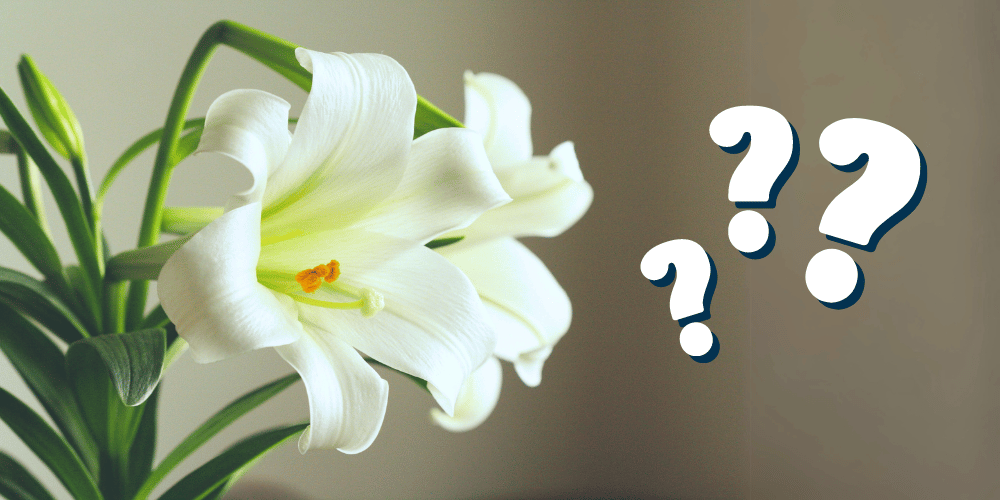
With Easter's arrival, homes often brighten with the iconic blooms of Easter lilies, symbolizing hope and renewal. However, amidst their beauty lies a question of safety—specifically, the risk they pose to our pets. Is the concern about Easter lilies being poisonous to pets a mere myth, or is there truth behind the warning? Let's delve into the facts and ensure a safe, joyful spring season for our furry family members.
Unveiling the Truth: The Real Danger of Easter Lilies
Contrary to what some might hope, the caution regarding Easter lilies and pets is not a myth. These elegant flowers are indeed highly toxic to cats, with even minimal exposure potentially leading to severe kidney issues or worse. Dogs, while less affected, can still experience discomfort and illness if they ingest parts of the plant. Awareness and preventive measures are crucial to protect our pets from these hidden dangers.
Beyond Easter Lilies: Other Springtime Perils
Easter lilies aren't the only springtime bloom that poses a risk to pets. As gardens come to life, it's essential to recognize other plants that can harm our companions:
- Tulips and Hyacinths: Their bulbs contain toxins that can cause intense stomach distress and more severe health issues in dogs and cats.
- Daffodils: Eating these can lead to a range of symptoms, from vomiting to serious systemic reactions.
- Azaleas and Rhododendrons: A few bites of these plants can lead to serious medical concerns, emphasizing the need for vigilance as our pets explore the outdoors.
Creating a Pet-Safe Environment
Ensuring a pet-safe environment doesn't mean forgoing the joys of spring. Opt for non-toxic plant alternatives, or better yet, place hazardous plants well out of pets' reach. Consider decorating with pet-friendly flowers like roses or gerberas, or choose artificial plants for worry-free decor.
Summary
As we celebrate Easter and embrace the beauty of spring, it's clear that the concerns about Easter lilies and pets are well-founded. By staying informed and taking appropriate precautions, we can prevent accidental poisonings and ensure our pets enjoy the season safely alongside us. Remember, when it comes to pet safety, it's always better to err on the side of caution and consult with a veterinarian if you suspect your pet has ingested a toxic plant. This spring, let's commit to keeping all members of our family safe, two-legged and four-legged alike.